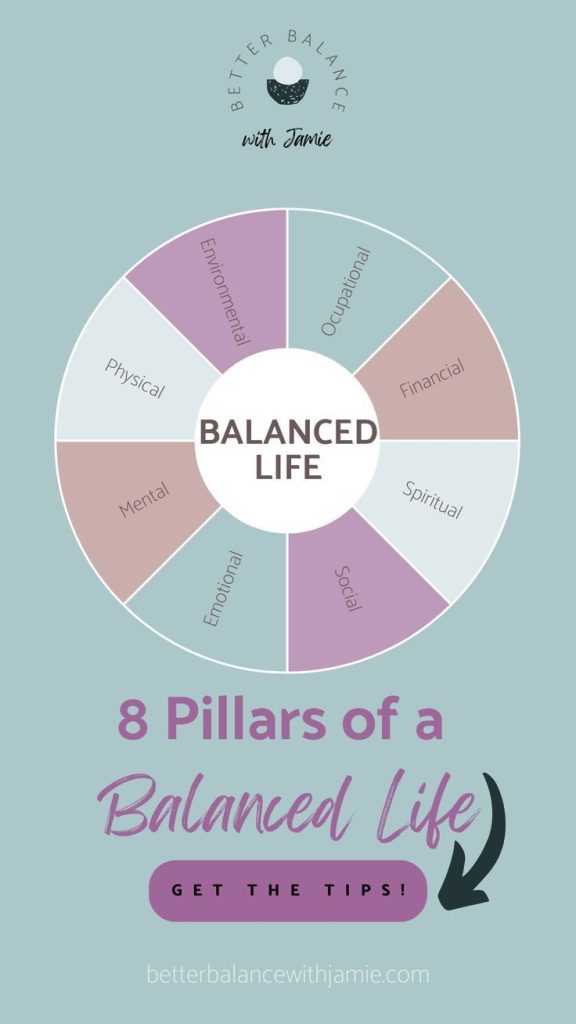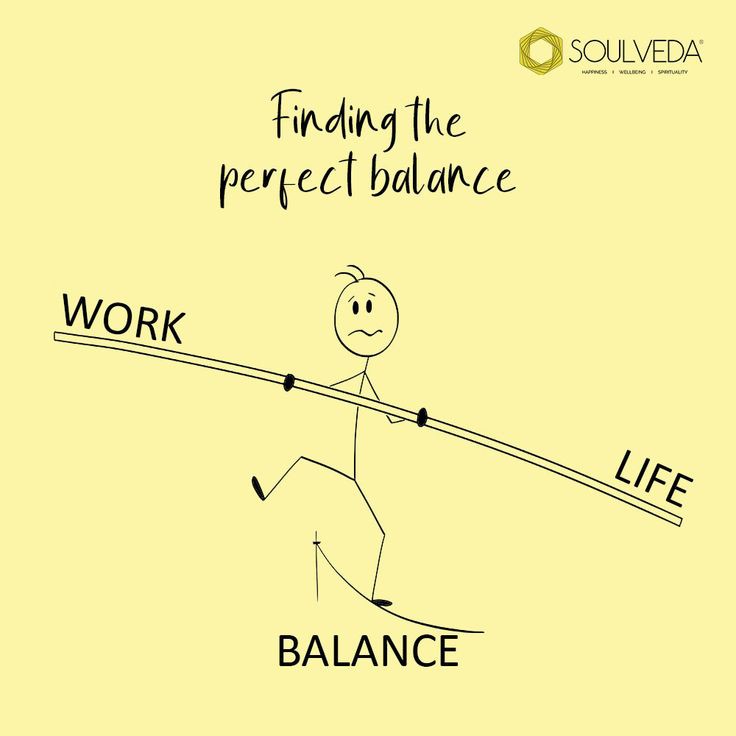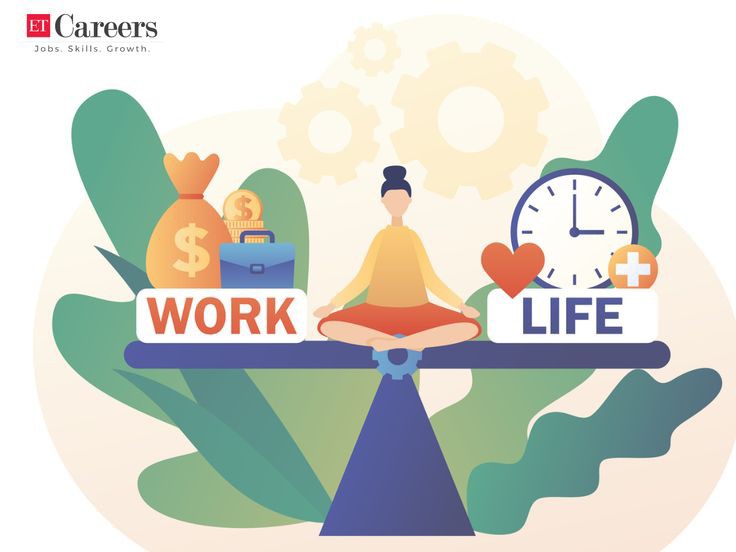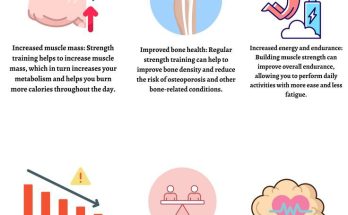Balancing work commitments and personal interests and hobbies is one of the things you would be glad to do for yourself. In this blog post, we discuss the importance and benefits whilst also giving you tips on how to
Do you find yourself frequently working long hours, taking work home with you, or always feeling behind? Do you have trouble unplugging from work when you’re off the clock? Do you have little time for your hobbies or socializing? If you answered yes to any of these questions, it might be time to reassess your work-life balance.
Having personal interests and hobbies can help you feel more fulfilled and satisfied with your life. Fitting these into your schedule can be challenging, but it’s worth it.
Balancing work commitments and personal interests and hobbies is important for your overall health and well-being. Without a balance, you can feel burned out, stressed, and overwhelmed. When you have time for personal interests, it can help you feel more motivated at work. A good work-life balance can also lead to improved relationships, better sleep, and more productivity. This and many more are enough reasons to balance your work and personal life.
Without this balance, you may find yourself constantly feeling stressed and exhausted. This can lead to negative impacts on your health, relationships, and even your job performance. It’s important to make time for yourself and your interests, so you can avoid burnout and enjoy a more fulfilling life.
READ Different types of meditation and mindfulness practices
The importance of Balancing work commitments and personal interests and hobbies
Balancing work commitments and personal interests and hobbies is important for a few reasons. Below are some of these reasons.
- To prevent burnout: If you don’t have any time for yourself, you may become overwhelmed and exhausted, which can lead to decreased productivity and decreased job satisfaction.
- To improve your physical and mental health: Having a balance also allows you to enjoy your life outside of work, which can lead to better physical and mental health.
- To help you be more productive: Balancing work and life can help you be more productive when you are working, as you will be more focused and less stressed.
- Maintaining social connections: When you’re busy with work, it can be easy to neglect your relationships. But spending time with friends and family is important for your mental and emotional health. Socializing can also help you feel more connected to the world around you, which can reduce feelings of isolation and stress.

The benefits of Balancing work commitments and personal interests and hobbies
There are quite some benefits associated with balancing work and personal life and a few of these benefits are.
- One of the benefits of balancing work and personal life is that it aids in improving your mental and physical health when you are not overwhelmed by reducing stress-related illness and improving your sleep quality.
- When you are less stressed and more focused you are highly motivated to perform and in doing this you become much more productive.
- The ability to have a balance with yourself is one way to improve your relationships. Balancing work commitments and personal interests and hobbies equals less frustration and less frustration enables you to have a substantial relationship and communication.
- Balancing work and life increased creativity and problem-solving ability. When you have time to relax and do things you enjoy, your brain can generate new ideas and solutions in a much better way.
How to identify your personal interests and hobbies
To be able to balance work commitments with personal interests with hobbies you should have already identified your personal interests and hobbies. If you have not, don’t panic just follow through.
To identify your personal interests and hobbies you must consider what you enjoy doing in your free time and you can achieve this by answering some questions like.
- What are the things you love to do outside of work?
- Do you like to read, cook, play sports, or create artworks?
- Do you have any hobbies you have enjoyed in the past?
- Are there any activities you’ve always wanted to try?
You can also think about things that make you feel good and happy, such as being outdoors, spending time with friends or family, listening to music, etc.
When you do all these you are most likely to identify your personal interests and hobbies, you can begin to prioritize them in your schedule.

Tips for Balancing work commitments with personal interests and hobbies.
Wondering how you can strike a balance between work and personal interests and hobbies. Below are a few tips that would put you through.
- Break down your hobbies into small, manageable tasks: For example, if you enjoy painting, you could set a goal of painting for 15 minutes each day. Or, if you like to play an instrument, you could practice for 10 minutes each day. Even a small amount of time spent on your interests can have a big impact on your well-being.
- Add your hobbies to your schedule: Schedule your hobbies like any other appointment. Block off time for them in your calendar, and don’t let other things get in the way.
- Adopt a flexible work schedule for adequate breaks: Adapt your work schedule to allow you adequate breaks. This will give you time to refresh and recharge, so you can focus on your hobbies with renewed energy.
- Prioritize quality over quantity: When it comes to your hobbies, prioritize quality over quantity. It’s better to spend a small amount of time doing something you love than a large amount of time doing something you don’t enjoy.
- Be flexible: Be flexible and adapt your schedule to fit your needs. If you have a particularly busy week at work, you might need to adjust your hobby schedule to accommodate that.
- Prioritize self-care: This might mean taking breaks, getting enough sleep, or practicing mindfulness. Taking care of yourself will allow you to have more energy for your hobbies and interests. Remember, You can’t pour from an empty cup, so make sure to prioritize self-care.

Time management strategies that can help you fit personal interests and hobbies into your work commitments.
Having looked at tips that would help you balance work and personal life, you must also note some time management strategies that would be more effective in Balancing work commitments and personal interests and hobbies. They include.
- Use your “dead time” to your advantage: Use your less productive time, for example, you could listen to an audiobook or podcast while commuting, learn a new language while in line, or read during your lunch break.
- Batch tasks: Batch tasks so you can make the most of your time. For example, you could set aside a specific time each week to pursue your interests, like a “hobby hour” on the weekend.
- Be mindful of your energy levels throughout the day: Pay attention to when you have the most energy and focus, and schedule your personal time for those periods.
- The Pomodoro Technique: Beat procrastination with the pomodoro technique. Set a timer for 25 minutes and focus on one task until the timer goes off. Then, take a 5-minute break and repeat. This technique can help you stay focused and make the most of your time.
- The Eisenhower Matrix: Make a to-do list list. Prioritize your tasks based on their urgency and importance. This will help you identify which tasks you should focus on first.
- Time blocking: Schedule time for your work tasks and your personal interests and hobbies. This will help you make sure you have time for both.
Conclusion
Balancing work commitments and personal interests and hobbies shouldn’t be a difficult thing to do. In this blog post, we have outlined the importance and benefits and have gone ahead to let you know tips and time management strategies for Balancing work commitments and personal interests and hobbies.
Was this helpful?
Leave a comment.



